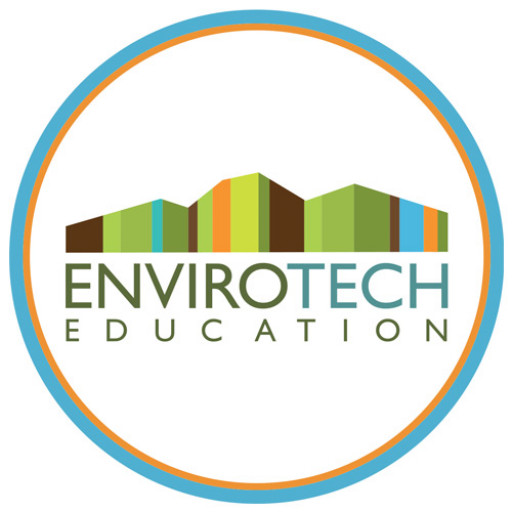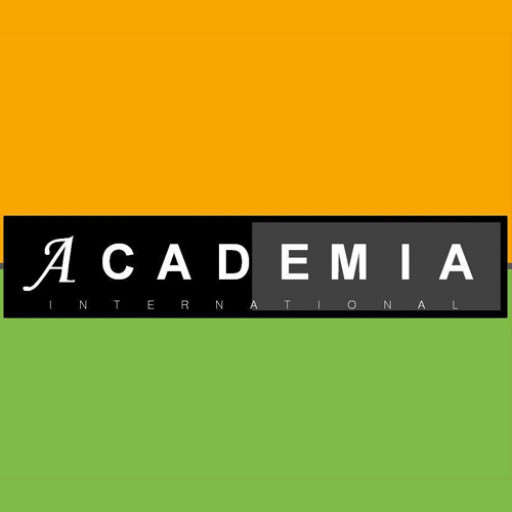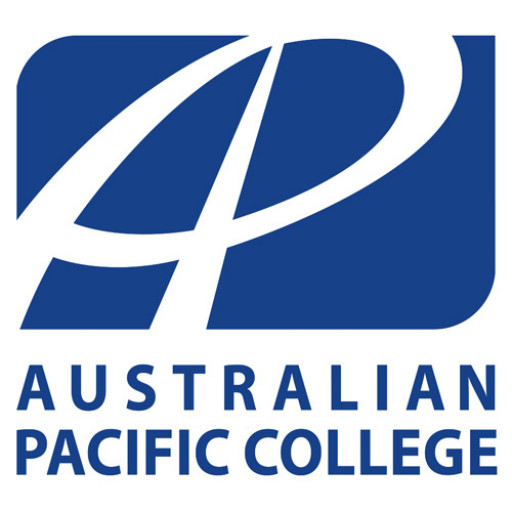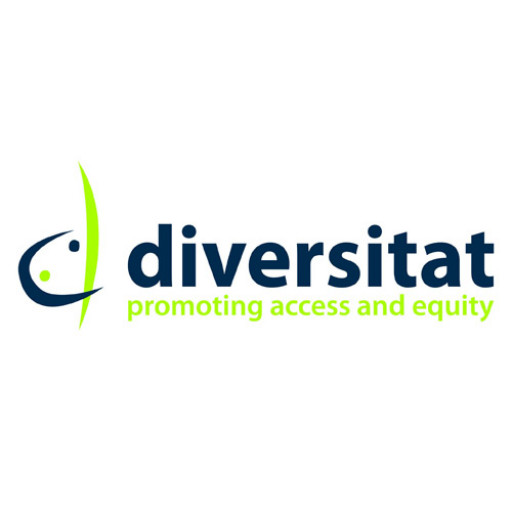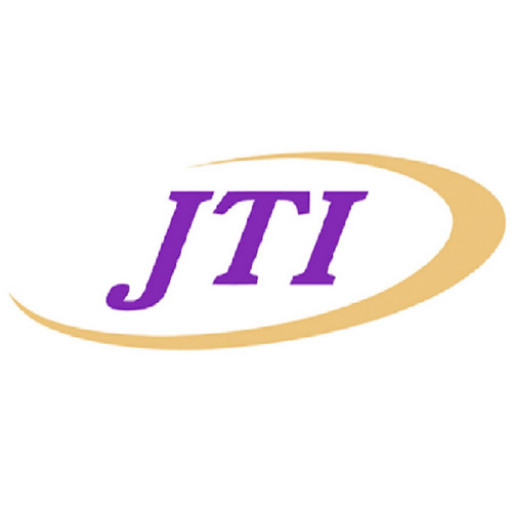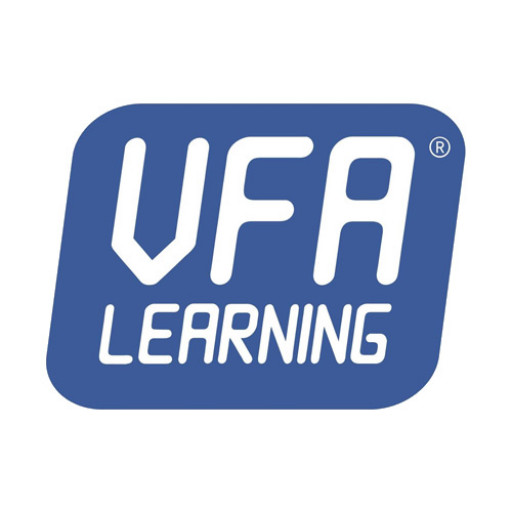This qualification reflects the role of those that work in childhood and family intervention, for example clinic specialisations in residential and outside of healthcare, family care and early intervention. Workers operate under a wide supervision frame and within clearly defined organisational instructions, agency plans and standing specifications.No certification, legislative or certification requirements apply to the qualification during that time of publication.
The Child, Youth and Family Intervention program at GOTAFE is designed to equip students with the essential skills and knowledge needed to support the growth, development, and well-being of children, adolescents, and their families. Throughout this comprehensive course, students will explore a wide range of topics including child development, family dynamics, mental health issues, and early intervention strategies. The program emphasizes both theoretical understanding and practical application, ensuring graduates are prepared to work effectively in diverse settings such as community services, educational institutions, and family support agencies.
Students will engage in detailed studies of child protection laws, ethical practices, and culturally responsive approaches to intervention. The curriculum incorporates hands-on training through placements and supervised experiences, enabling students to develop real-world competencies in assessing needs, planning interventions, and collaborating with families and multidisciplinary teams. The program also covers communication skills, conflict resolution, and crisis management to prepare students for high-pressure situations.
GOTAFE’s Child, Youth and Family Intervention course fosters a deep understanding of the unique challenges faced by vulnerable children and their families, and teaches students how to advocate for effective change. Emphasis is placed on building resilience, empowering families, and promoting positive outcomes for young people. Graduates will be skilled in creating supportive environments and facilitating personal growth among their clients.
This program is ideal for individuals passionate about making a difference in the lives of young people and their families, and who are committed to ethical practice and ongoing professional development. With a combination of classroom learning and practical placements, students will graduate ready to pursue careers in child and family welfare, youth work, and related social services. The program is a pathway to meaningful employment where graduates can contribute to the well-being and safety of children and families in their communities.
The Child, Youth and Family Intervention program at GOTAFE requires applicants to meet specific entry criteria to ensure they are prepared for the academic and practical components of the course. Prospective students must have completed a secondary education qualification equivalent to the Australian Year 12 level or hold relevant prior learning and experience that demonstrate their capability to undertake the program. Additionally, applicants are typically required to provide evidence of literacy and numeracy skills, often through standardized assessments or prior academic results, to ensure they can successfully engage with the course content.
As part of the admission process, applicants may need to undergo an interview or provide a personal statement outlining their interest in child, youth, and family work, along with relevant experience or volunteering in related settings. Some programs may also favor applicants with a background in community services or related fields, although this is not always mandatory.
The program includes a combination of theoretical coursework and practical placement components designed to give students hands-on experience in the field. To complete the program, students must satisfactorily complete all required modules, which cover topics such as child development, family dynamics, legislation and ethical considerations, and intervention strategies. Practical placements are a compulsory element, and students are required to undertake a specified number of hours in supervised settings, which are arranged by the college in partnership with community agencies.
Students must also demonstrate professional behavior, ethical understanding, and a genuine commitment to working with children, youth, and families. The program may include periodic assessments, demonstrations of skills, and reflective journaling to gauge student development and readiness for professional practice. Additionally, applicants should ensure they hold current immunizations and obtain any necessary police checks or clearances, such as Working With Children Checks, as mandated by the relevant authorities and placement agencies.
International students interested in the program may need to meet additional English language proficiency requirements, such as IELTS or equivalent scores, to ensure they can follow coursework and communicate effectively in practical settings. This program is designed to prepare graduates for employment in a range of settings, including community centers, schools, childcare services, and family support agencies, and thus adherence to these requirements is essential for successful completion and employment readiness.
Funding options for the Child, Youth and Family Intervention program at GOTAFE typically include a range of government-assisted schemes and pathways for domestic students. The program might be eligible for Austudy and Youth Allowance payments, which are common for students undertaking approved tertiary studies in Australia. These financial aids help support living costs during the duration of the program and are means-tested based on the student’s circumstances and income levels. Additionally, students may access VET Student Loans (previously known as VET FEE-HELP), which can cover part of the tuition fees for eligible students undertaking approved diploma programs.
GOTAFE also offers various scholarships aimed at supporting students in community services and related fields. These scholarships can provide financial assistance to help offset tuition fees, purchasing of learning resources, or lodging costs. Students may also explore state-based funding schemes or industry-specific grants, some of which are targeted at students pursuing careers in child, youth, and family services.
For international students, funding options are more limited, and they typically must pay tuition fees upfront or arrange private loans, as government assistance programs are generally available only to domestic students. GOTAFE provides detailed guidance and support for international applicants regarding alternative financial options such as private funding and scholarships.
Part-time work opportunities are also a practical way for students to fund their studies. The program's flexible learning approach allows students to balance work and study commitments effectively. GOTAFE's industry connections and career services may facilitate access to part-time positions relevant to the field of child, youth, and family intervention, further assisting students in financing their education.
Students are advised to consult directly with GOTAFE’s financial aid office to receive tailored advice and the latest information about available financial support schemes. It is essential for prospective students to stay updated on changing eligibility criteria, application deadlines, and new funding opportunities, particularly as government policies evolve.
In summary, funding for the Child, Youth and Family Intervention program at GOTAFE primarily involves government support schemes such as Austudy, Youth Allowance, and VET Student Loans, supplemented by scholarships, industry grants, and potential part-time employment. Students are encouraged to explore all available options early and seek support from the university’s financial counseling services to ensure comprehensive financial planning for their studies.
The Child, Youth and Family Intervention program at GOTAFE is designed to prepare students for meaningful careers in supporting children, young people, and their families within various community settings. This qualification equips graduates with a comprehensive understanding of child development, family dynamics, and the social factors that impact youth well-being. The curriculum includes core units focused on child and family development, child protection, communication and engagement skills, and strategies for working effectively with diverse populations. Students also gain practical experience through industry placements, which enable them to apply theoretical knowledge in real-world settings, such as community agencies, schools, and family support services.
Throughout the program, students develop critical skills such as interpersonal communication, advocacy, ethical decision-making, and collaborative teamwork. These skills are essential for professionals working in child and youth welfare, community services, and related fields. The program emphasizes a holistic approach to intervention, recognizing the importance of respecting cultural diversity and promoting inclusive practices. Graduates are prepared to undertake roles such as youth support workers, child and family case managers, community outreach officers, and other positions aimed at improving the lives of vulnerable populations.
GOTAFE's Child, Youth and Family Intervention qualification is delivered through a combination of face-to-face classes, practical workshops, and supervised placements. The program is designed to meet the needs of students seeking flexible study options while maintaining high standards of education and practical training. Upon successful completion, graduates can pursue further qualifications or enter direct employment, with the confidence and competencies required to make a positive difference in the lives of children, youth, and families. The program aligns with industry standards and is supported by experienced trainers who are committed to student success and professional development. This course offers an excellent pathway for those passionate about contributing to community well-being, demonstrating a strong commitment to social justice, and fostering resilience among vulnerable populations.



